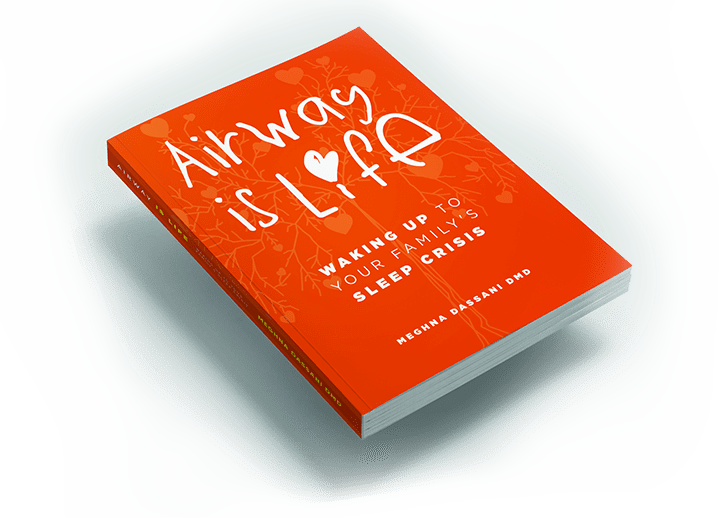Children need naps – Here’s why
Young children need lots of sleep. Newborns 0-3 months need to sleep 14-17 hours. Infants 4-11 months need to sleep 12-15 hours. Toddlers 1-2 years old need to sleep 11-14 hours. And preschoolers 3-5 years old need to sleep 10-13 hours.
But children usually don’t get the full amount of sleep they need from sleeping uninterrupted. The reason for this is mostly that they need to eat more frequently. Therefore, children need to nap during the day to compensate for the sleep they don’t get at night.
Napping is essential for children for more reasons than just overall sleep quantity, however…
Here’s why napping matters
Sleep pressure
Throughout the day, “sleep pressure” or tiredness builds in both children and adults. This is caused by a chemical known as adenosine. The build-up happens more quickly in children than it does in adults, however. And this expedited build-up causes children, especially young children, to feel sleepy and need a nap.
Learning and memory
Additionally, napping “clears” the brain, most notably a region called the hippocampus, which helps with learning and memory. This happens in both children and adults as well. But children’s brains need to clear the hippocampus more often due to the volume of new information they’re regularly bombarded with.
For children, everything is new. Children need to learn new things like their multiplication tables and how to read and write. Plus, they have to learn new things about their environments and how the world works, such as red means stop and green means go – things that adults take for granted.
Research shows that when children nap shortly after learning new information, they remember that information 80% of the time compared to 30% of children who don’t nap.
Emotion regulation
Children’s emotional memory and reactivity to emotional situations are also affected by whether they take naps. When children nap, they’re better able to handle distressing situations. For example, when children take naps, they are less likely to throw a tantrum if they don’t get to have cookies for dinner than children who don’t take naps.
Essential hormones
Another reason kids need naps is that certain hormones kids need are produced during sleep. And when kids don’t sleep enough, their bodies secrete less of these hormones, which are created during slow-wave, or deep sleep. These hormones include the human growth hormone and cortisol. And a 45-minute-long nap is enough for kids to get into a deep sleep so their bodies create these hormones.
What happens when kids are sleep-deprived?
When children don’t get enough sleep, they can experience all kinds of problems, including…
- Attention issues
- Emotional disruptions
- Academic difficulties
- Mental health issues
- Weight gain
- Growth changes
Research shows that only about 50% of children in the United States ages 6-17 get the recommended amount of sleep each night. And those children who don’t sleep enough are deficient in the following areas:
- Showing curiosity
- Caring about their schoolwork
- Finishing tasks they start
- Staying calm when challenged
Children who don’t sleep enough are also more likely to experience depression, anxiety, and aggression. Plus, brain imaging reveals that these children have less grey matter in the sections of their brains responsible for memory, attention, and inhibitory control.
Lower inhibitory control, especially among high schoolers, can lead to an increase in bullying. In another study, researchers found that up to 73% of high schoolers don’t sleep enough at night. And this sleep deficiency decreased their ability to self-regulate and make decisions, which, in turn, lead to more bullying behavior.
Sleep deprivation may also contribute to ADHD diagnoses, as sleep deprivation and AHDH have similar symptoms in terms of trouble with focus and impulse control.
How to help kids get the sleep they need
Children generally outgrow the need for naps around age five. But given the number of kids who are sleep-deprived, kids over age five could also benefit from napping.
However, sleep specialists advise against teenagers taking naps, as naps can perpetuate their cycle of sleep imbalance. Instead, sleep-deprived teenagers should practice better sleep hygiene. They can do this by taking time to wind down before bed. They could take a warm bath or shower, read, or listen to soothing music.
Additionally, to improve sleep quality in children of all ages, kids should reduce their screen time by at least an hour before they go to sleep.
Parents should also aim to keep their children’s sleep environment as comfortable, quiet, and dark as possible. Of course, if children feel afraid of the dark, parents can let them use a night light.
Lastly, kids of all ages should exercise more. Exercise makes a big difference in terms of elevating children’s sleep quality. Kids today spend a lot more time sitting than they did in previous generations. But to have better sleep, kids should be more active.
Dr. Meghna Dassani has practiced dentistry for over two decades and is passionate about the role dentists play in whole-body health. You can learn more at her website: MeghnaDassani.com.
Healthy Sleep Revolution Podcast
Snoring? Tired all day? Trouble focusing?
So many think these symptoms are common in kids and adults when tired. Join us as we debunk some of these common myths and put the spotlight on Sleep Apnea. Discover what constitutes healthy sleep and how we can help ourselves and our kids get the best sleep ever.


